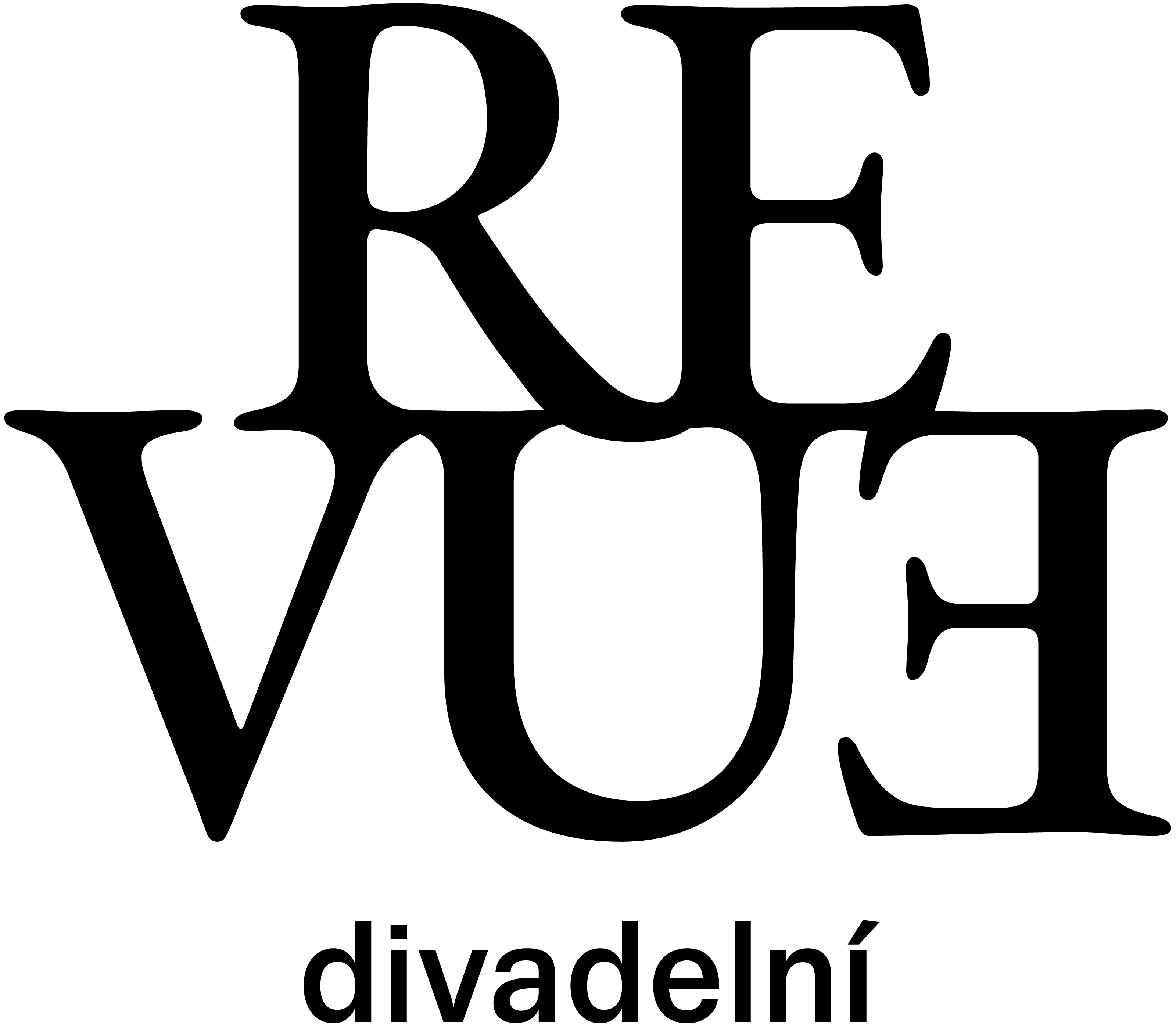

35. ročník, číslo 1/2024
Pozornost obrátíme k periferii (ve významu estetickém, geografickém, společenském, výzkumném, etnickém). A ještě dál: představíme divadlo ostravských dělníků, slezských spiritistů, poodhalíme, jak rozptylovali nucenou zahálku účastníci polárnických výprav. Cestovat budeme i v čase – do hlubin středověku; prostřednictvím studií i rozhovoru hlouběji pochopíme performativitu tehdejší kultury.

35. ročník, číslo 1/2024
Pozornost obrátíme k periferii (ve významu estetickém, geografickém, společenském, výzkumném, etnickém). A ještě dál: představíme divadlo ostravských dělníků, slezských spiritistů, poodhalíme, jak rozptylovali nucenou zahálku účastníci polárnických výprav. Cestovat budeme i v čase – do hlubin středověku; prostřednictvím studií i rozhovoru hlouběji pochopíme performativitu tehdejší kultury.